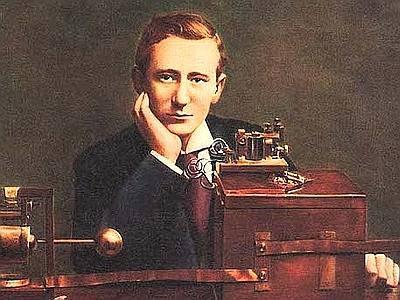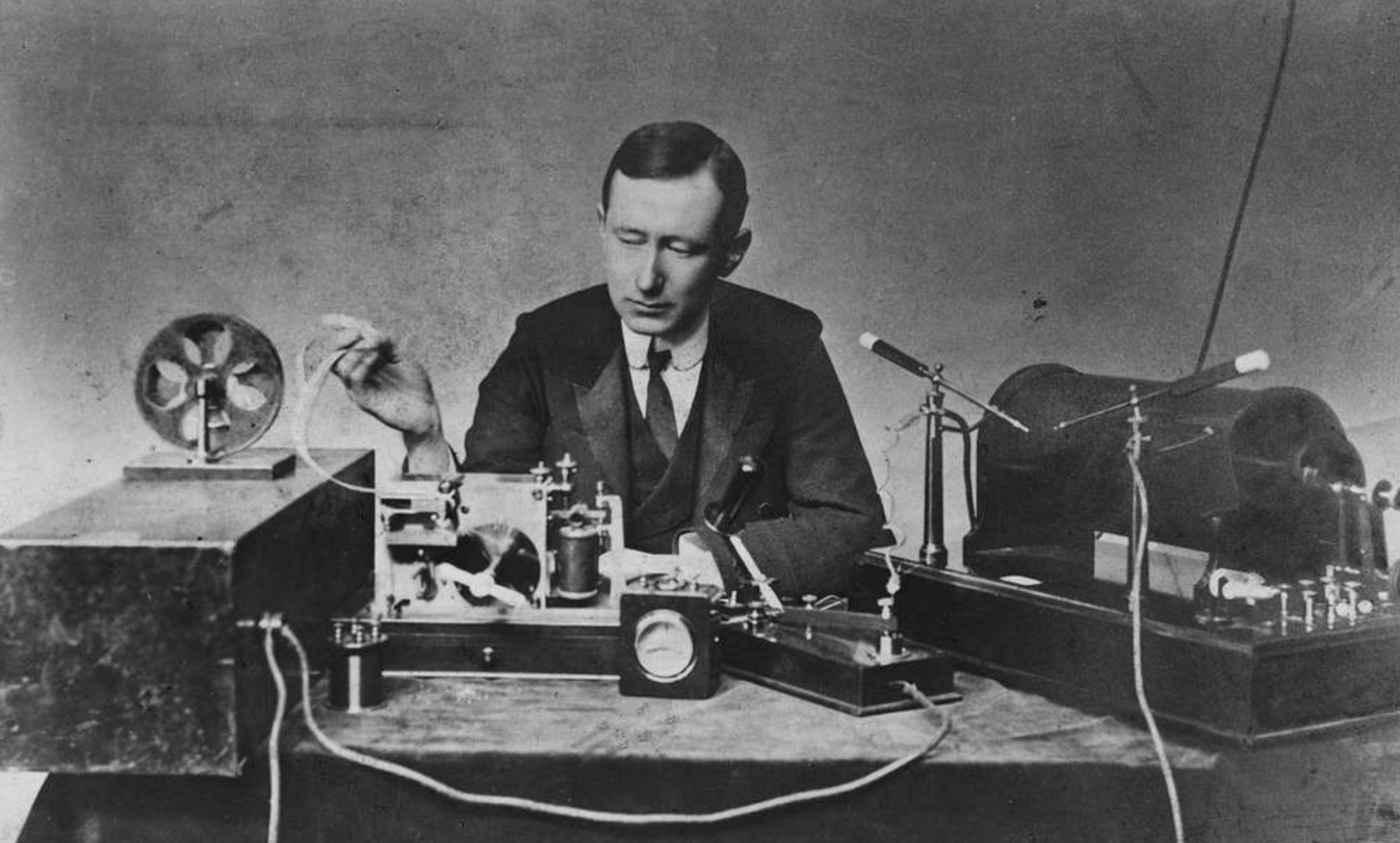As Italy prepares to celebrate the 150th anniversary of Guglielmo Marconi’s birth, the air is thick with anticipation, not just in his hometown of Bologna but across the globe. Marconi, a name synonymous with the invention of radio, has left an indelible mark on the world of communication, transforming it in ways that were unimaginable in the late 19th century.
Born on April 25, 1874, in the vibrant city of Bologna, Marconi was the product of a rich cultural heritage, with an Italian father and an Irish mother. His early education, which took place in Bologna and later in Florence and Leghorn, was steeped in the study of physics and the intriguing new field of electromagnetic waves. It was these formative years that set him on a path that would revolutionize communication.
Marconi’s journey into the world of wireless telegraphy began in the quiet solitude of his father’s estate near Bologna. With rudimentary equipment, he embarked on a series of experiments that would first extend the range of wireless signals over short distances. Despite the initial lack of enthusiasm from the Italian authorities, Marconi’s persistence led him to England, where his innovative work caught the attention of influential figures like Sir William Preece, chief engineer of the post office.
The turn of the century saw Marconi’s wireless system making waves, quite literally, across the Atlantic and beyond. His successful transmission of wireless messages from the East Goodwin lightship in 1899, after it had been struck in dense fog, underscored the potential of wireless telegraphy in saving lives. This was further exemplified in 1909 when the SS Republic, aided by Marconi’s wireless telegraph, orchestrated a dramatic rescue of over 1,700 people.
Marconi’s contributions were not confined to maritime safety. In 1909, he was awarded the Nobel Prize in Physics, sharing the honor with Karl Ferdinand Braun, for their advancements in wireless telegraphy. His later work laid the groundwork for modern long-distance radio communication, influencing not just how we communicate but the very fabric of global connectivity.
The legacy of Marconi is celebrated not only in the hallowed halls of museums but also in the everyday use of radio waves that connect people around the world. The Marconi Museum in Sasso Marconi, for instance, is gearing up for a grand celebration with “Marconi Days,” featuring notable speakers and events that highlight the impact of Marconi’s work.

Moreover, the global community is invited to participate in International Marconi Day, a tribute that encourages everyone to turn on their radios and appreciate the wizardry of wireless communication, a gift from Marconi to the world. This day is not just about remembering a great inventor but is a call to ignite the spirit of innovation that Marconi epitomized.
As we reflect on Marconi’s contributions, it is clear that his vision transcended the technology of his time. His work was characterized by an elegance and simplicity that made sophisticated technology accessible and useful for all. Marconi did not just invent; he imagined a world interconnected through waves, a dream that continues to resonate in our wireless, interconnected lives.
In celebrating Marconi, Italy not only honors a native son but also commemorates a global citizen whose work continues to echo through the corridors of time, reminding us of the power of persistence, innovation, and vision. As the festivities unfold, let us tune in and rediscover the magic of Marconi’s legacy, which continues to inspire and connect us in ways he had perhaps envisioned over a century ago.

